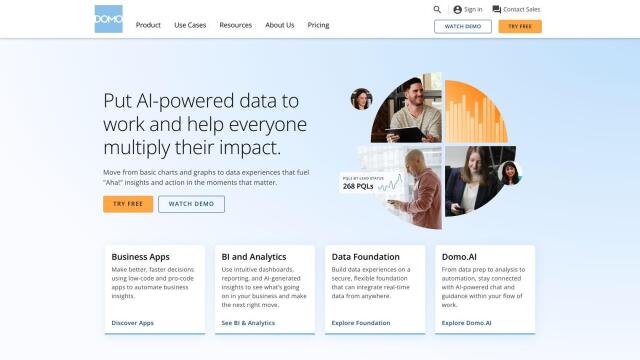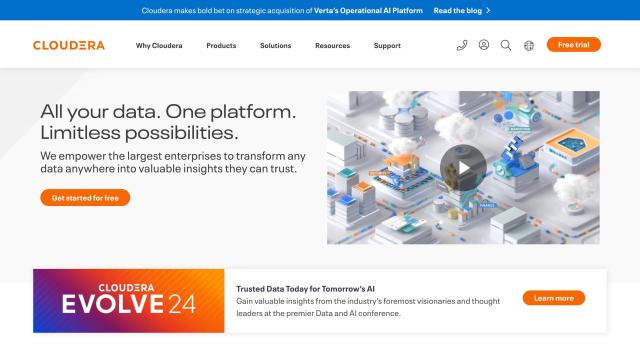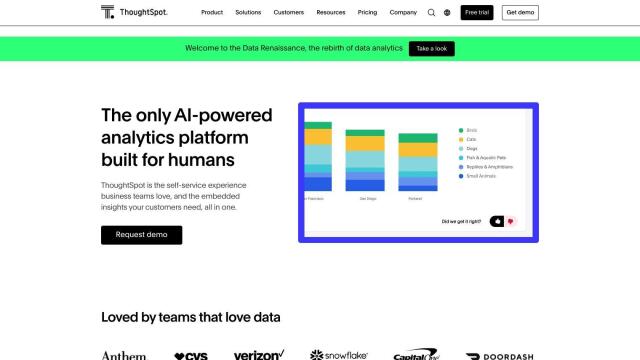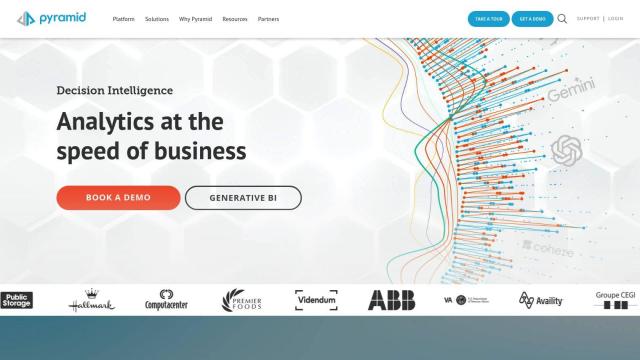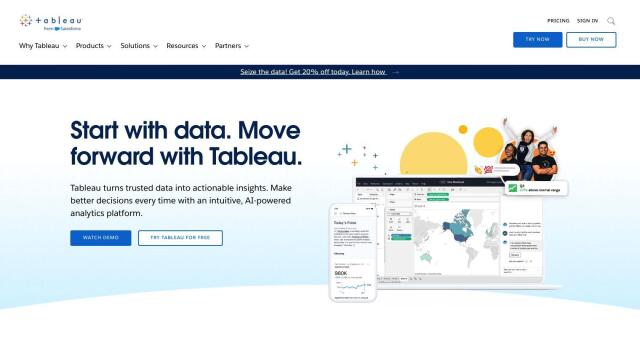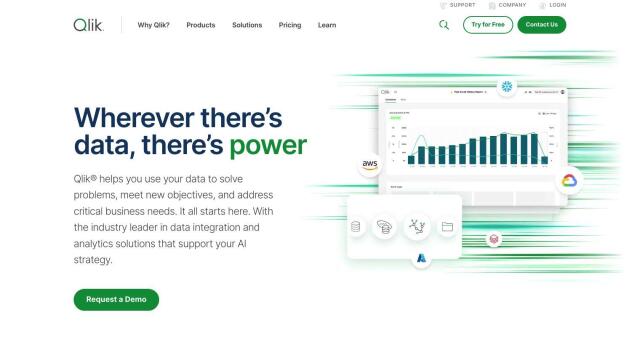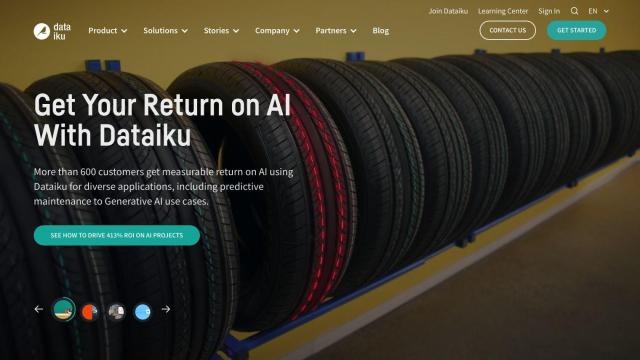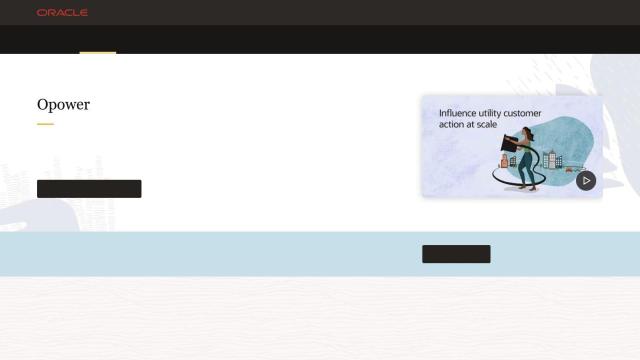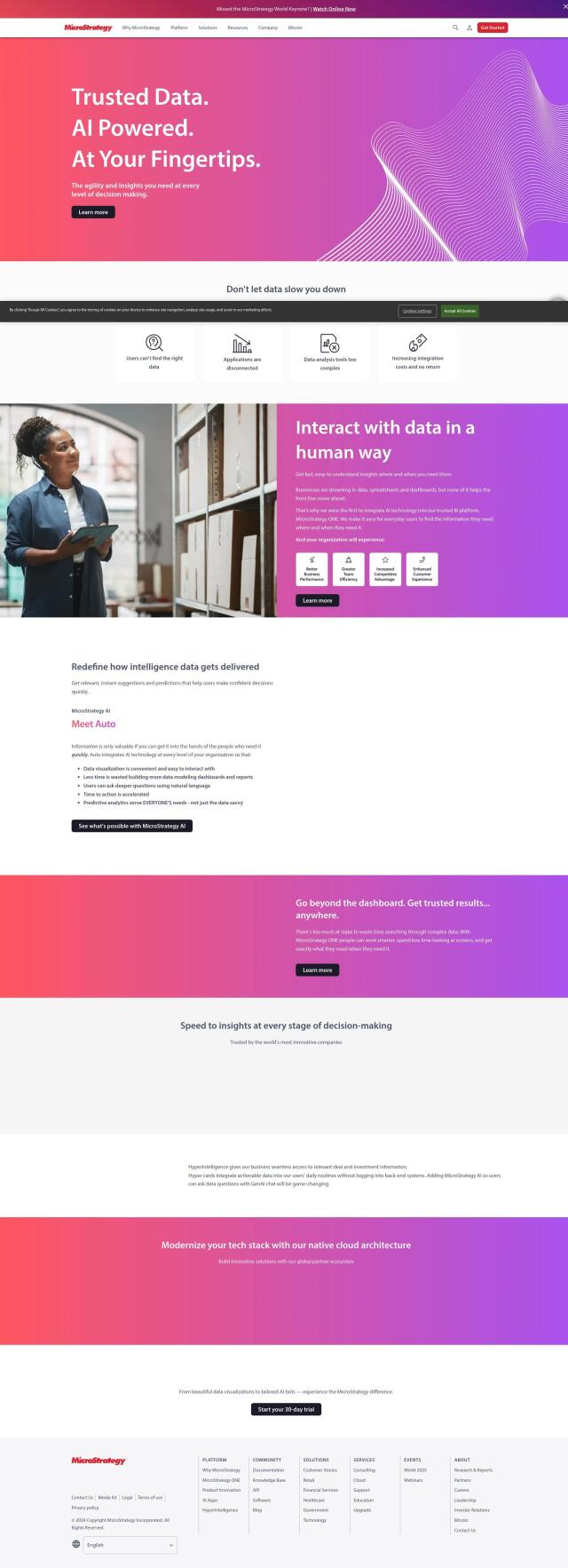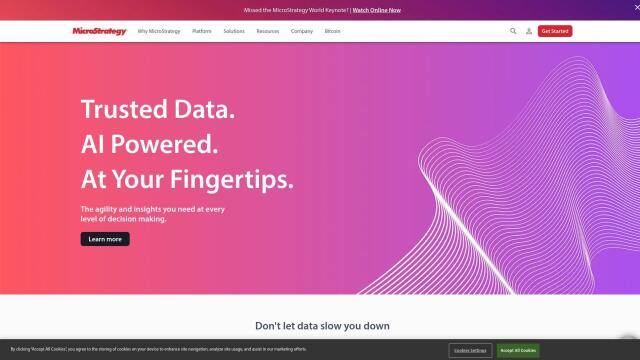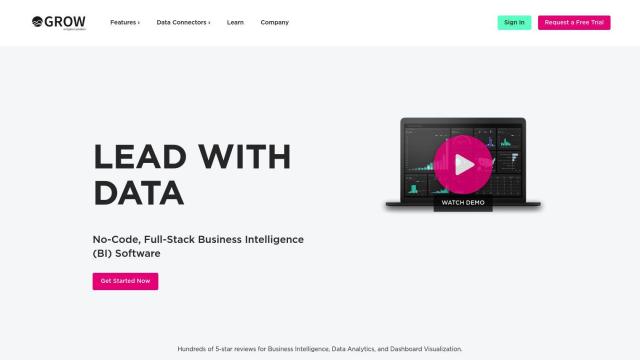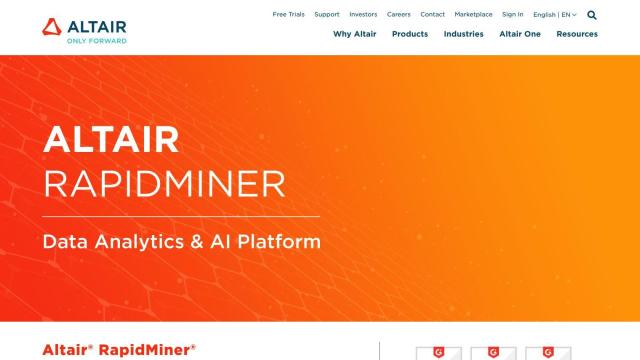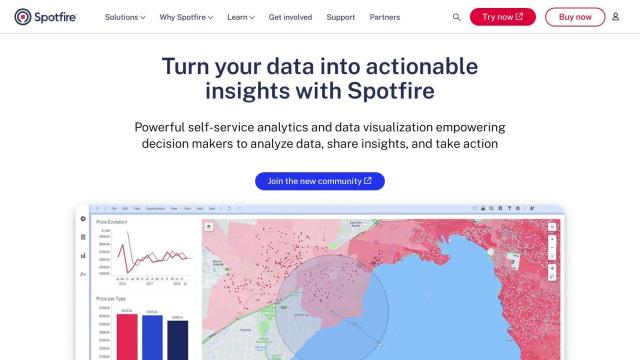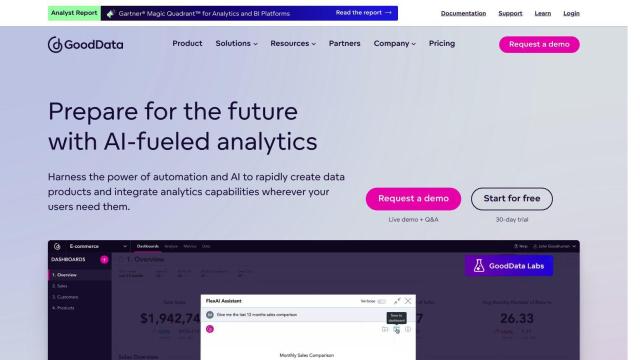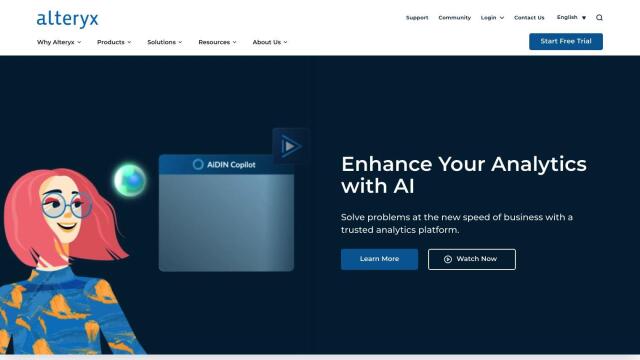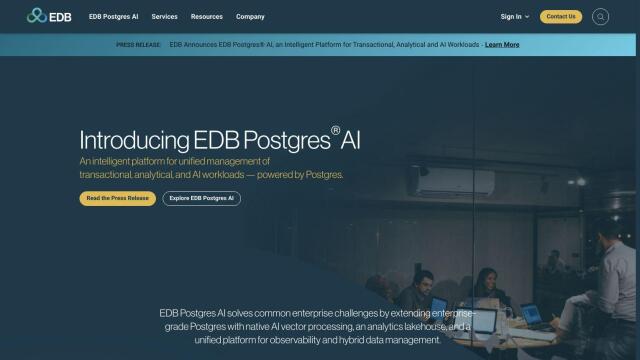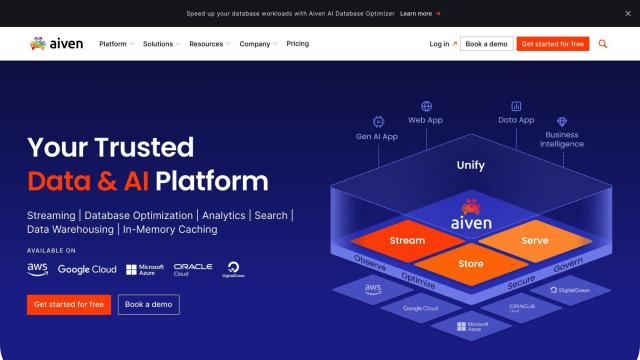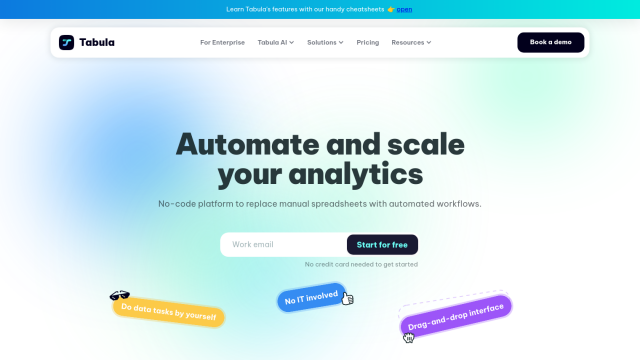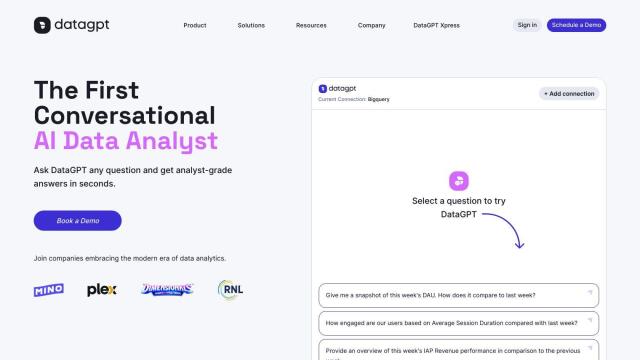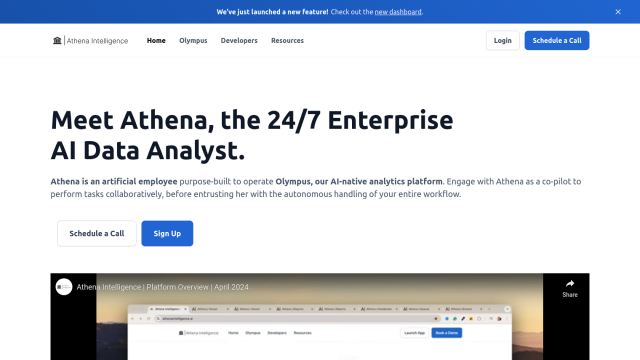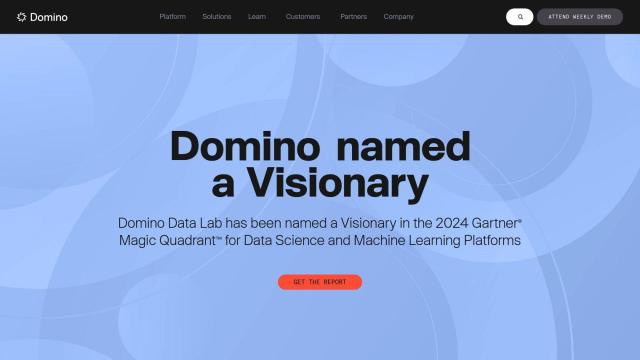Question: Is there a unified data platform that can help my business make more informed decisions by providing easy access to data?

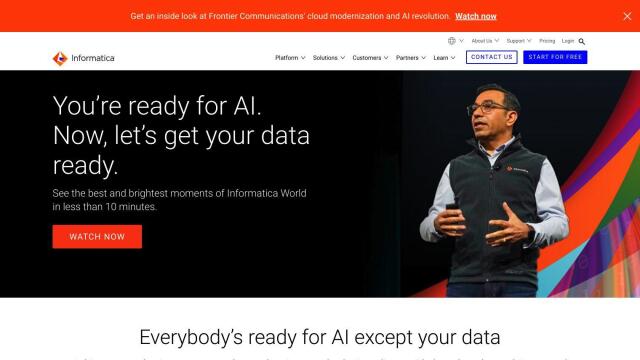
Informatica
One option is Informatica, a cloud-based AI-infused data management service that links, manages and unifies data across multicloud and hybrid environments. It uses its CLAIRE AI engine to automate data integration jobs and offers other tools like data catalog, data integration, API and app integration, data quality and observability, and more. Informatica spans many industries and has flexible pricing, so it's a good choice for companies trying to move to more modern data management.

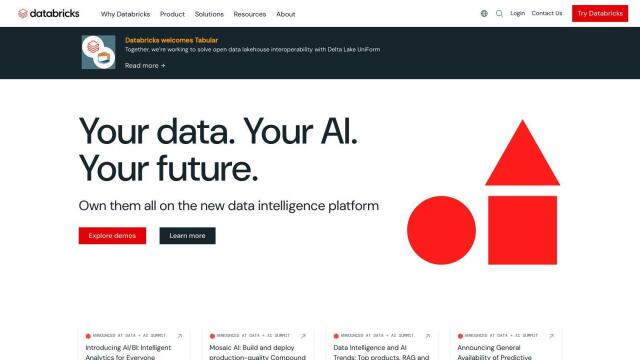
Databricks
Another option is Databricks, a data intelligence platform that marries generative AI to unite data, analytics and governance. It supports a broad range of tools and connectors, including ETL, data ingestion, business intelligence and AI, built on lakehouse architecture for open, scalable and unified data management. Databricks is geared for many types of users and offers a free trial, so it's a good option for companies with different needs.

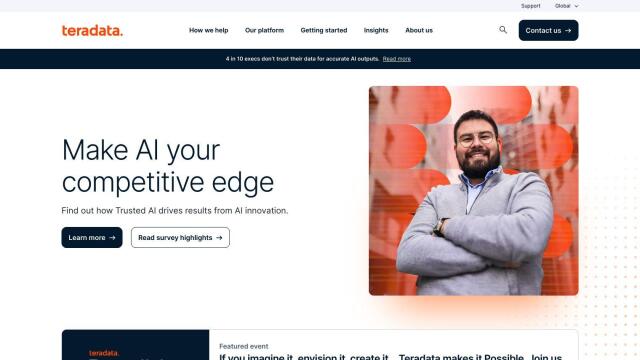
Teradata
And Teradata has a cloud analytics and data platform that unifies and harmonizes data across an enterprise. Its core product, ClearScape Analytics, offers a unified view of data and faster answers. Teradata can handle multiple workloads, including AI/ML, lakehouses, data lakes, data warehouses and transactional workloads, and is integrated with leading cloud providers for ease of integration and scaling. The platform is designed to accelerate innovation and improve data-driven decision-making.

